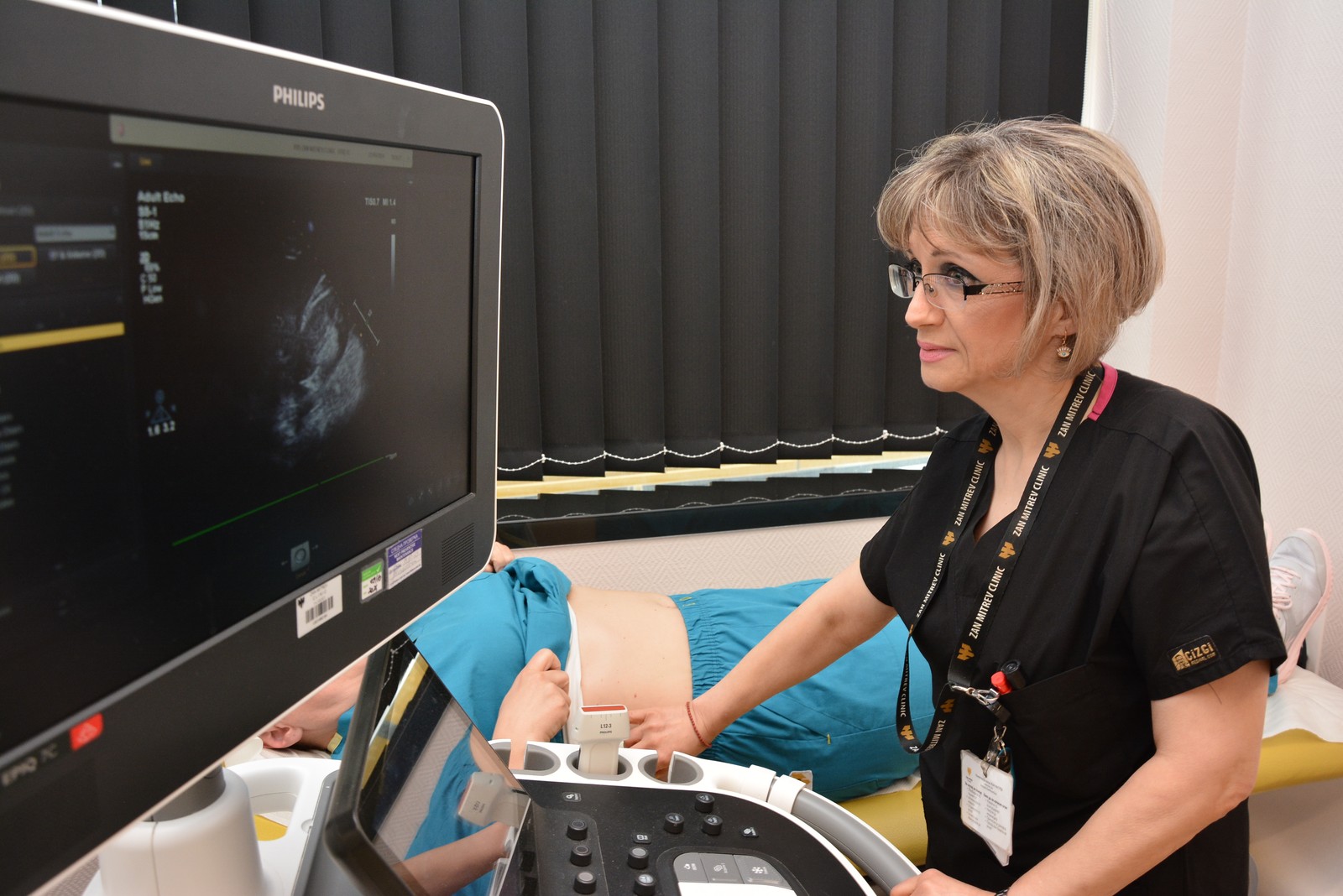 00389 2 3091 484
00389 2 3091 484
MEDICAL SERVICES
NEPHROLOGY
Nephrological services
Nephrology is an area in medicine referring to the study of kidneys, their normal functioning, and all kidney related diseases, the preservation of the health of the kidneys and the treatment of kidney diseases, starting from dieting and medications to therapy.
The unit is especially competent to evaluate patients with a transplanted kidney, verify compatibility to receive a donated kidney, evaluation of compatibility and monitoring of vascular access for hemodialysis. The unit has available an outpatient facility for patients from all areas, as well as a modern inpatient facility for diagnostic and therapeutic procedures equipped with the highest healthcare standards. The outpatient facility comprises the following
A modern equipped outpatient facility
- A unit for vascular access for hemodialysis
- A unit for clinical immunosuppression
- A unit for hemodialysis performed at home
- A unit for peritoneal dialysis
Echotomographic laboratory
- Echotomographic diagnostics of kidneys, bladder, prostate, testicles
- Doppler for examination of kidney circulation
- Doppler for examination of blood vessels of the upper extremities in reference to the application and monitoring of vascular access for hemodialysis.
Accompanying biochemical laboratory
- Blood analyses
- Urine sediment
- Urine albumin/creatinine ratio
- Proteinuria
Microbiological laboratory
- Urine culture
- Hemoculture
- Urine swabs
Immunological and genetic laboratory
HLA typing
Luminex technique for anti HLA antibodies
Micro RNA for the presence of viruses, fungi, and bacteria
Modern radiological imaging diagnostics
- Multi slice computer tomography (256)
- CT angiography of renal blood vessels
- CT urography for evaluation of urinary ducts
- Magnetic resonance imaging
- Catheterization of renal blood vessels
The inpatient treatment facility (ward, semi-intensive care unit, and intensive care unit) has sufficient capacity to provide care and treatment of all types of kidney patients, including:
- Treatment and care of patients with all types of acute kidney conditions
- Patients whose chronic kidney disease has worsened
- Temporary access for hemodialysis
- Veno-venous hemodiafiltration
Kidney patients requiring kidney biopsy
- Immunofluorescent microscopy
- Light microscopy
- Electronic microscopy
- Molecular microscopy
Patients requiring vascular access for hemodialysis
- Complex procedures of cubital and brachial blood vessels
- A-V graft
- Superficialization of deep venous vessels inaccessible for the regular hemodialysis process
Patients with a life-threatening condition that affect the kidneys
- Traumatic injuries with Crush syndrome
- Трауматски повреди со краш синдром
- Multiorgan failure
- Compartment syndrome and rhabdomyolysis
- Sepsis
Patients with a transplanted kidney
- Acute graft rejection
- Chronic graft rejection
- Other damage to the graft
Patients with malignant arterial hypertension
Patients with complex immunological conditions that affect or that do not affect the kidneys
- Immunoadsorption
- Plasmapheresis


